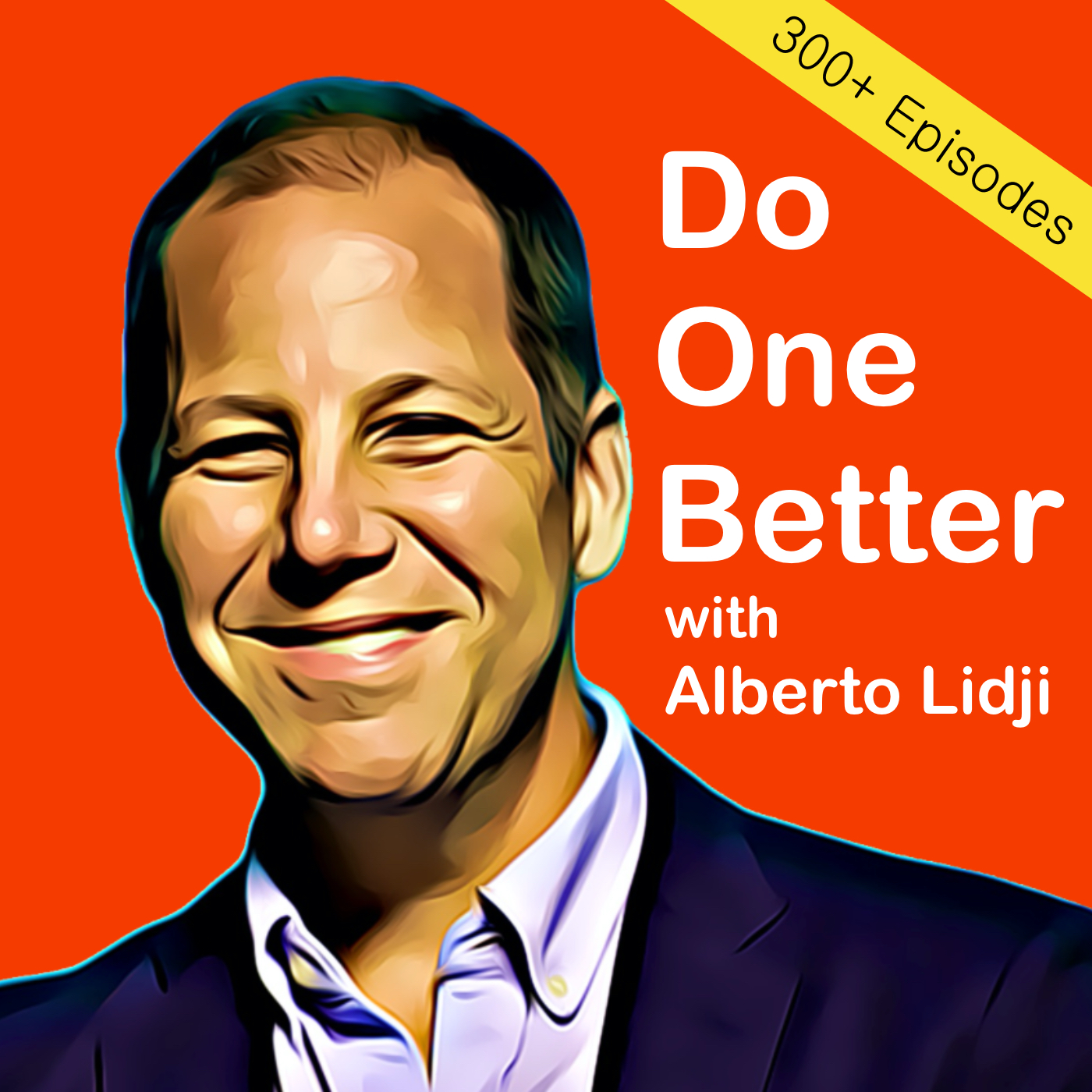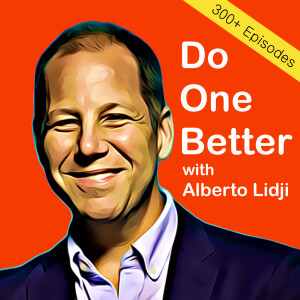

Listen to 300+ interviews on philanthropy, sustainability and social entrepreneurship. Guests include Paul Polman, David Lynch, Siya Kolisi, Cherie Blair, Chiwetel Ejiofor, Bob Moritz, David Miliband and Julia Gillard. Hosted by Alberto Lidji, Visiting Professor at Strathclyde Business School and ex-Global CEO of the Novak Djokovic Foundation. Visit Lidji.org for more information.
Episodes

Tuesday Jun 25, 2019
Tuesday Jun 25, 2019
CEO of the Smollan Group, David Smollan, joins Alberto Lidji to share his thoughts on managing a global workforce of 80,000 in a caring and sustainable manner.
Being a mindful employer is important. David wants large-scale employers to think about “how mindful are we about the sustainability of human capital, and how we treat people, and how we develop them?”
The Smollan Group employs 80,000 people in 50 countries. The firm was founded in South Africa back in 1931 and has grown from modest beginnings into a successful venture representing some of the world’s best-known brand owners. David joined the firm in the early 2000s and he spotted an opportunity to deliver services around the world – not just in South Africa.
When the firm ventured into India, they noticed that in that market everything was being handled by manpower companies that provide labour to brand owners – these brokers simply charged a fee to brand owners and handled payroll. But, there was no consideration given to individuals' career progression, nor to their training, nor their development.
This was in stark contrast to how the Smollan Group had been operating in South Africa, where those individuals providing field services where actually employees, who were receiving training, who had a career trajectory – this was a different type of engagement and led to different performance.
One of the biggest concerns when employing 80,000 people is the need to think beyond wages and to think about employees’ welfare, their future, their career development and their career trajectory.
Treating people well and believing in people leads to increased staff engagement. We’ve all been in a relationship where someone made us feel engaged and we gave more; and we’ve also all been in a relationship where someone made us feel less engaged and we gave less. Think about how much more you’re willing to give people because of how they make us feel.
He expresses the view that the business of sustainability is a long-term game and that human capital results take time – you have to have patience. Financial results are a lag indicator for operating results, which are a lag indicator for human capital results. If you have the patience, the will and the heart then the results will be there.
On the topic of why he is so passionate about sustainability, David is candid: we all do things because we get pleasure from them. He intrinsically finds sustainability satisfying and it makes him feel good. He notes that: “it’s too small an achievement to build a commercially successful business, I think the real challenge is to build a business that is commercially successful, that is kind to the planet and is impactful on communities. That for me is the definition of great achievement”.
David’s key takeaway: for those listeners who have children, think about what the world will be like when these children have their own children; think about these little people who you really love and care about, and think about the challenges we have today with inequality and the environment – that should be enough inspiration for you to want to make meaningful change.
-- Full episode notes, guest bios and links are available at Lidji.org Please subscribe to this podcast if you’ve enjoyed it – thank you.
No comments yet. Be the first to say something!